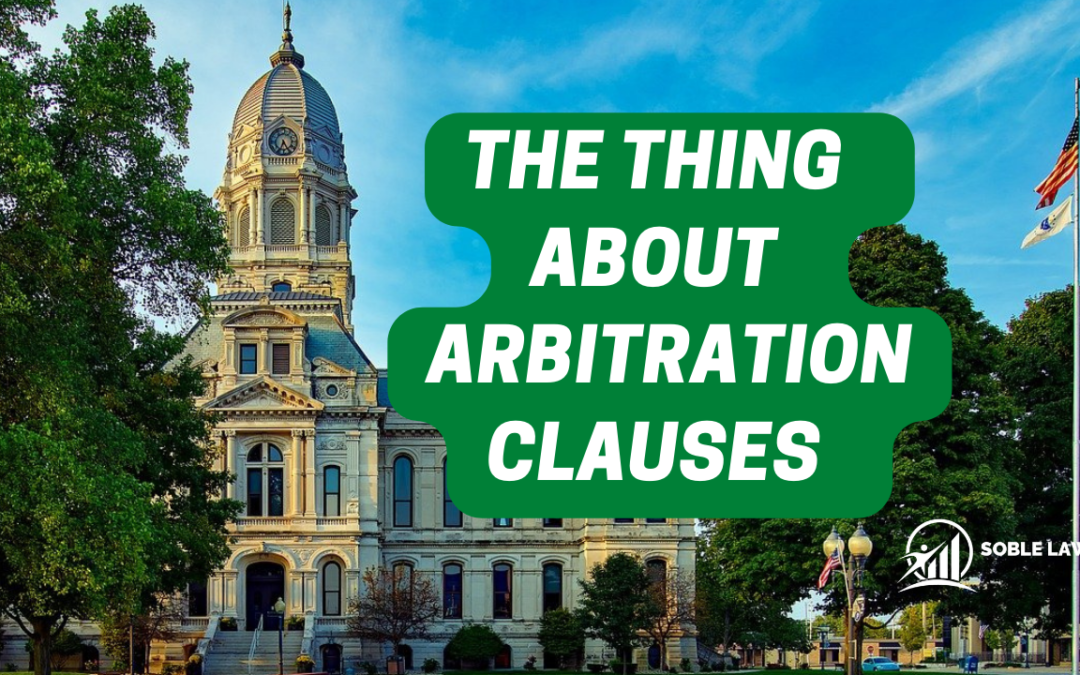LEASE WITH AN OPTION TO PURCHASE
A lease with option to purchase is a real estate agreement that allows a tenant to lock in the purchase price of a home while the tenant is still leasing. Leases with options (lease options) appeal to both landlords and tenants. Landlords use lease options to keep good tenants interested—and paying—in the landlord’s property. Landlords can usually negotiate a higher sales price and these agreements are used more often in depressed real estate markets or where a property is in fair to poor condition. Tenants have the opportunity to “tie up” a property that they like to own without having to put down a large down payment.
Before entering into a lease with option to purchase, landlords should review the following emotional, legal and financial considerations.
Emotional Considerations
Just because a tenant pays for a purchase option, once the “tenant” is in the home, they may grow “out of love” with it. At times, tenants try to renegotiate the purchase price in the agreement or they decide not to move forward at all and just continue to rent. This consideration should already be built into your option price and your monthly rent.
Lease Options
Lease options may prolong the time in which a landlord can exercise available legal remedies in the event of the tenant’s default. Generally, when a tenant purchases the option, they have an equitable interest in the home. An equitable interest means that the tenant has a financial interest or claims to legal title in a property. Courts tend to treat tenants with an equitable interest more favorably, and a tenant’s defences under federal laws, such as the Dodd-Frank act afford legal protections for purchasers on lease options.
Financial Considerations
Consider the financing “end game” for the tenant who wants to purchase the property after the term for their purchase option expires. Usually, mortgage lenders do not credit the full amount of the rental payment towards the purchase price without first calculating the fair market rental value. Additionally, under Dodd-Frank, if challenged, lenders will not be able to credit any monies collected for rent or the option price towards a down payment. Remember, when a tenant purchases an option, there is not a guaranty that they will close on the agreed sales price in the future. Tenants who don’t close on their option often attempt to offset their spent option money by withholding rental payments. (See legal considerations above.)
The considerations as stated above are but a few factors landlords need to consider when offering a tenant an option to purchase a home. If you are not clear on how to properly proceed with a lease option, consult with an experienced real estate attorney.
If you liked what you read, check out our related YouTube videos




















